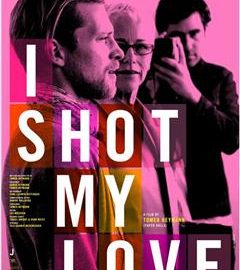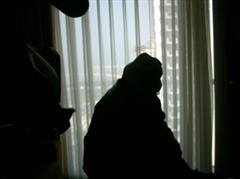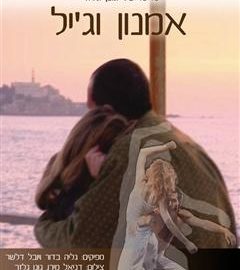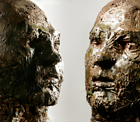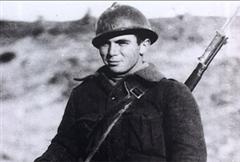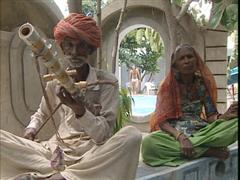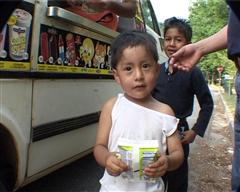Seventy years after his grandfather escapes from Nazi Germany to Palestine, Israeli documentary director Tomer Heymann returns to the country of his ancestors to present his film “Paper Dolls” at the Berlin International Film Festival, and there meets a man who will change his life. This 48-hour love affair, originating in Berghain Panorama Bar, develops into a significant relationship between Tomer and Andreas Merk, a German dancer. When Andreas decides to move to Tel-Aviv, he not only has to cope with a new partner, but to manage the complex realities of life in Israel and his personal connection to it as a German citizen. Tomer’s mother, descendent of German immigrants was born and lived all her life in a small Israeli village, where she raised five sons. One by one, she watches her children leave the country she and her family helped to build, and now cannot help but try to influence the life of Tomer, the one son who remains. I SHOT MY LOVE tells a personal but universal love story and follows the triangular relationship between Tomer, his German boyfriend, and his intensely Israeli mother.
A documentation of the work of artist Zvi Lahman from 1998 to 2008. He sets to work like a film director, reducing his frame of vision to one eye, just like a camera shutter.
When the Spanish Civil War erupted in 1936, over 300 Jews from Palestine left their homeland to fight fascism by joining the International Brigade. Many of them were Jewish communists who believed Fascism was the main enemy of humanity in general and of Jews in particular. The volunteers from Palestine had to contend with the Zionist Jewish community, with the leadership of the Communist Party in Palestine and finally with the families who did not understand their urge to volunteer to fight in a war so far away from home. Interviews with the last of the volunteers still living today and their family members as well as excerpts from their letters and diaries featured in this insightful doc help to authentically chronicle their stories in Palestine and the decision to go to Spain and documents their complex relationships with the civilian Spanish population and their loves, disappointments, hopes, and losses.
The IDF is in pursuit of a wanted man and the entire West Bank city of Tul-Karem is under closure, a daily routine. And then, as if the rules of the closure do not apply, an old Subaru car pulls over, two women run, grab little Nuran by her hands and mouth, slam her against the backseat and vanish. Nuran was eight years-old when she was kidnapped from her doorstep inside the Palestinian Authority and into the State of Israel. In the years since her kidnapping her parents have been staging a desperate, life-threatening, Kafkaesque search; forced to deal with the hurdles thrown at them by the IDF and the Israeli Police. Director Amikam Shosberger accompanies the family during a four year period since the disappearance of their daughter. His camera documents the surreal, impossible reality in the twilight zone between two nations, military road blocks, underworld activities, and Palestinian collaborators. It is a chilling, fascinating documentary, exploring the unknown phenomenon of kidnapping Palestinian kids into the State of Israel by exploiting the chaotic state of warfare between the two nations.
Thank God for India is a documentary that deals with the generation gap between young Israeli travelers in India and the conformities of society in Israel today. The film also takes a look at the new Israeli sub – culture, that has developed in India, as a result of this gap. We see that for the young Israelis, India is a kind of journey into adulthood, a place, where for the first time in their lives, no one is there to tell them what to do – no parents, no army officers, no social constrictions or conformities. The film was broadcast on channel 8 in Israel and was screen at some major film festivals around the world.
A film about a group of young Israelis that came to America to make some easy money and found themselves working as ice cream car drivers in north Carolina, and without even knowing the language, they became the kings of the southern neighborhoods.
